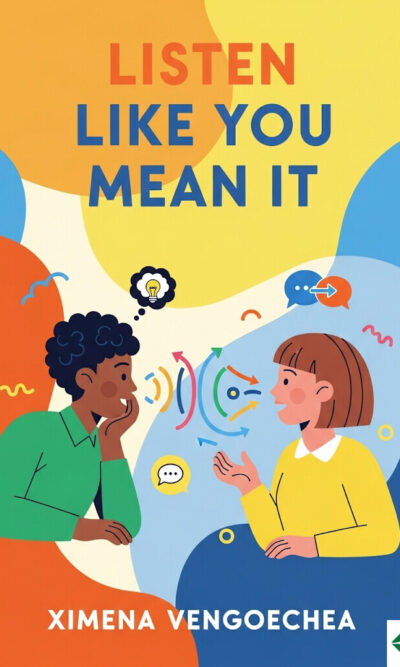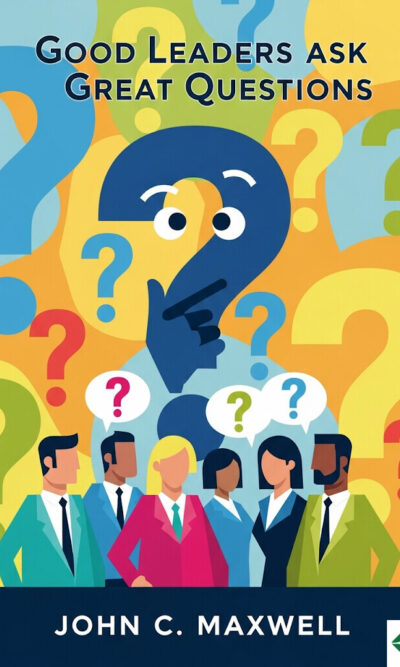Description
Sex education today is very different from the past. In earlier generations, parents often avoided the subject or gave short, awkward explanations. Now, the world has changed, and young people face new challenges — online pornography, sexual content in media, social media influence, and constant access to the internet. These changes make it even more important for parents to guide their children with honest, ongoing conversations about sex, relationships, consent, and self-respect.
The idea of “having the talk” just once is outdated. Instead of one big, uncomfortable conversation, it’s better to talk often and start early. Even from toddler age, parents can teach the correct names for body parts and talk openly without shame. For example, using words like penis, vulva, vagina, and breasts instead of nicknames helps normalize healthy discussions about the body. As children grow, parents can slowly introduce more details about how sex works, how babies are made, and the different ways families are formed, such as through adoption or IVF.
Teaching about personal space and consent should start early, too. Bath time or moments of play can be good times to explain that no one should touch private parts without permission, and touching oneself is private. Just as important is the example parents set. How you react to nudity, your body, and expressions of affection will teach children how to feel about these topics. Calm, normal reactions help kids see that the body is nothing to be ashamed of.
When children reach their pre-teen and teen years, conversations can naturally become more detailed. If parents have already been open, it’s easier to continue. But even if you’re starting late, it’s never too late. Parents can admit they didn’t talk about sex before but now understand how important it is. Everyday life offers plenty of opportunities to bring up topics — a song lyric, a movie scene, or a news story. These can lead to questions and open discussions.
A positive tone matters. The goal isn’t just to warn kids about risks, but to help them have healthy, happy, and safe sexual experiences in the future. Teens are curious not just about the physical aspects, but also about relationships, feelings, identity, and how to handle pressure. Subjects like masturbation, contraception, sexually transmitted infections (STIs), sexual orientation, and gender identity should all be part of the conversation. Parents don’t need all the answers — they can offer books, resources, and professional advice to support their children.
One of the most urgent topics to address is pornography. Many children see porn at an early age — often before they have any real sexual experience. Porn can shape unrealistic ideas about sex, consent, and body image. For example, porn often shows aggressive acts, little attention to foreplay or communication, and exaggerated physical appearances. Young people may believe these portrayals are normal, which can lead to pressure, disappointment, or insecurity.
Rather than relying only on parental controls, parents should have open, honest talks about porn. Explain that it is designed to entertain, not to show real, healthy relationships. Encourage imagination, self-discovery, and following personal desires without trying to copy what they see in videos. By discussing porn openly, parents help their kids put it in perspective and avoid its harmful effects.
As teenagers become older and more independent, they may encounter hook-up culture — casual, commitment-free sexual encounters that are common in some social circles, especially in high school or college. While exploring sexuality can be part of healthy development, hook-up culture often involves alcohol or drugs, which can lower judgment and lead to regret or unsafe situations. Sadly, many sexual assaults happen in these environments.
Parents can help their children navigate this by teaching the concept of enthusiastic consent. This means that both partners clearly, willingly, and happily agree to any sexual activity. It also means never feeling pressured to do something you don’t truly want to do.
Another important point is sexual satisfaction and fairness in intimacy. Research shows that men in hook-up situations are more likely to reach orgasm than women, and many women don’t feel fully satisfied. This gap often comes from a lack of foreplay and clitoral stimulation, which most women need to climax. By talking openly about female pleasure, parents can encourage respect and understanding in their children’s future relationships.
Hook-ups are often called “experimentation,” but real sexual exploration often happens in relationships with trust, communication, and emotional closeness. People who know each other well can be more creative and open about their desires. Encouraging young people to value intimacy and communication can lead to more fulfilling experiences.
Safe sex must also be emphasized. Condoms are the only method that can reduce the risk of both pregnancy and STIs. Other contraceptives like the pill can prevent pregnancy, but they do not protect against infections. Parents should make sure their children understand this difference.
These conversations might seem overwhelming or uncomfortable at first, but avoiding them leaves children to figure things out alone, often with unreliable or harmful sources. Talking about sex openly and without shame helps build trust and connection between parent and child. It gives young people the tools to make informed, respectful, and confident choices about their bodies and relationships.
In the end, sex education at home isn’t just about preventing risks. It’s about guiding children toward a positive, respectful, and realistic view of sexuality — one that helps them form healthy relationships, care for their own well-being, and respect others. By starting early, speaking often, and listening without judgment, parents can make sure their children are prepared for the modern world’s challenges and opportunities.





